Google homepage awarded US patent
Google has received a patent in the US for the design of its famously minimalist homepage, but it won’t apply here.
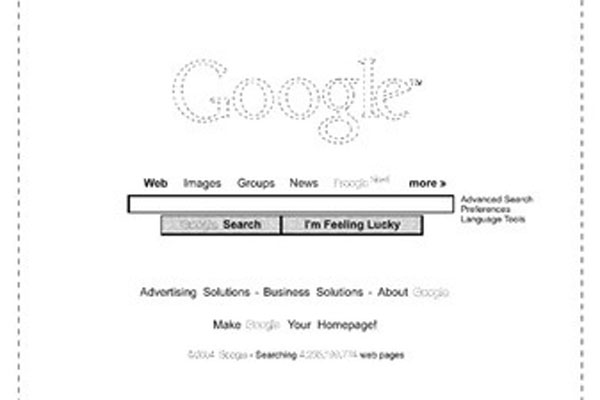

Google's homepage, well known for its minimalist design, has received US patent protection.
Last week, the US Patent and Trademark Office awarded Google patent number D599,372, which pertains to a "graphical user interface for a display screen of a communications terminal". The patent has taken five years to achieve, after it was first submitted in March 2004.
The patent refers to the specific layout of page with a logo at the top with a search bar and links underneath. Google's logo already has separate trademark protection.
Many will view the patenting of what essentially amount to a logo and a search bar a difficult one to grasp.
"The US gives patents for strange processes that you wouldn't get over here [in the UK]," Paul Gershlick, an IT lawyer for Matthew Arnold & Baldwin, told IT PRO.
Gershlick said that the patent was related purely to the design and the aesthetics and that in Europe there would need to be some technical innovation to receive a patent.
Even in the US, he said it would be very hard for someone to be affected by the patent as they would have to copy the design almost exactly.
Get the ITPro daily newsletter
Sign up today and you will receive a free copy of our Future Focus 2025 report - the leading guidance on AI, cybersecurity and other IT challenges as per 700+ senior executives
"It's a storm in a teacup," was his final evaluation.
Yahoo's search homepage has a simple search bar and link, but the logo appears to the right, while Microsoft's Bing has its logo on the left on top of an image that changes on a daily basis.
Google UK did not respond to request for comment.
Benny Har-Even is a twenty-year stalwart of technology journalism who is passionate about all areas of the industry, but telecoms and mobile and home entertainment are among his chief interests. He has written for many of the leading tech publications in the UK, such as PC Pro and Wired, and previously held the position of technology editor at ITPro before regularly contributing as a freelancer.
Known affectionately as a ‘geek’ to his friends, his passion has seen him land opportunities to speak about technology on BBC television broadcasts, as well as a number of speaking engagements at industry events.
-
 Cleo attack victim list grows as Hertz confirms customer data stolen
Cleo attack victim list grows as Hertz confirms customer data stolenNews Hertz has confirmed it suffered a data breach as a result of the Cleo zero-day vulnerability in late 2024, with the car rental giant warning that customer data was stolen.
By Ross Kelly
-
 Lateral moves in tech: Why leaders should support employee mobility
Lateral moves in tech: Why leaders should support employee mobilityIn-depth Encouraging staff to switch roles can have long-term benefits for skills in the tech sector
By Keri Allan
-
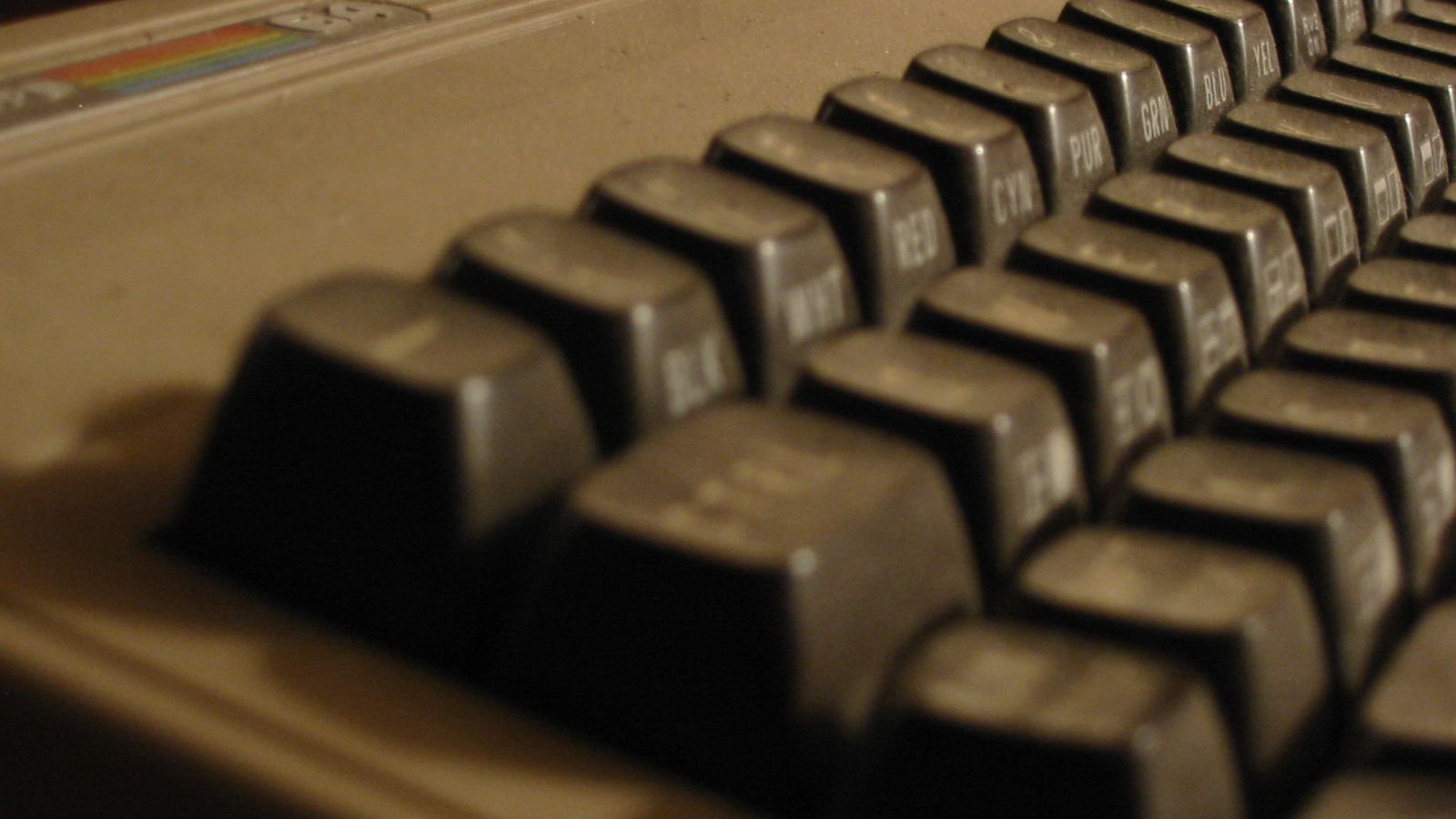 Apple patents a computer inside a keyboard
Apple patents a computer inside a keyboardNews Device could enable clutter-free ultra-portability, says document
By Danny Bradbury
-
 Kaspersky counters 'patent troll' lawsuit, wins $5,000
Kaspersky counters 'patent troll' lawsuit, wins $5,000News The troll initially wanted $60,000 from the antivirus firm
By Dale Walker
-
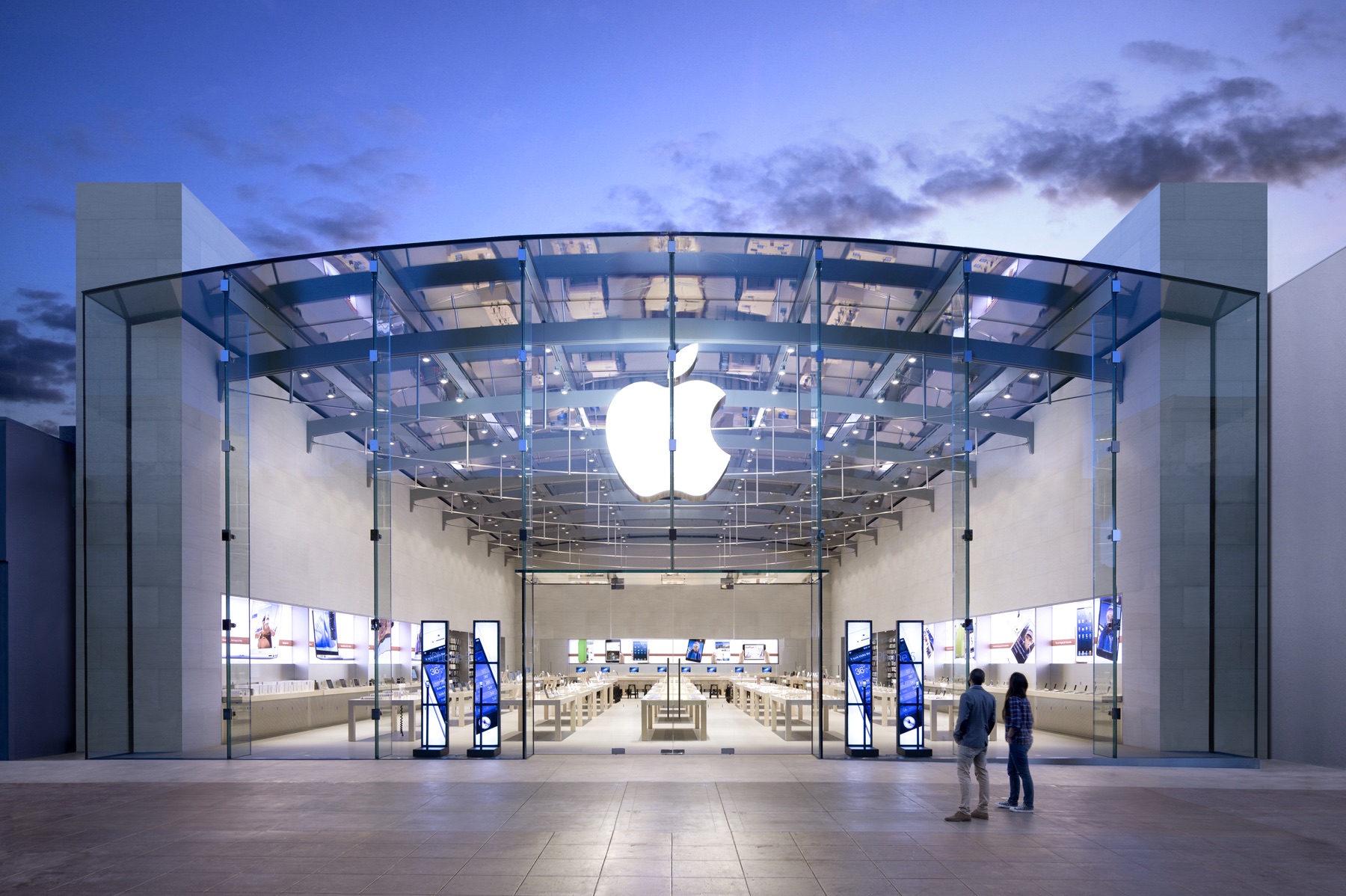 Apple and Nokia resolve patent dispute
Apple and Nokia resolve patent disputeNews Tech giants agree future collaboration, as Apple pays in cash
By Joe Curtis
-
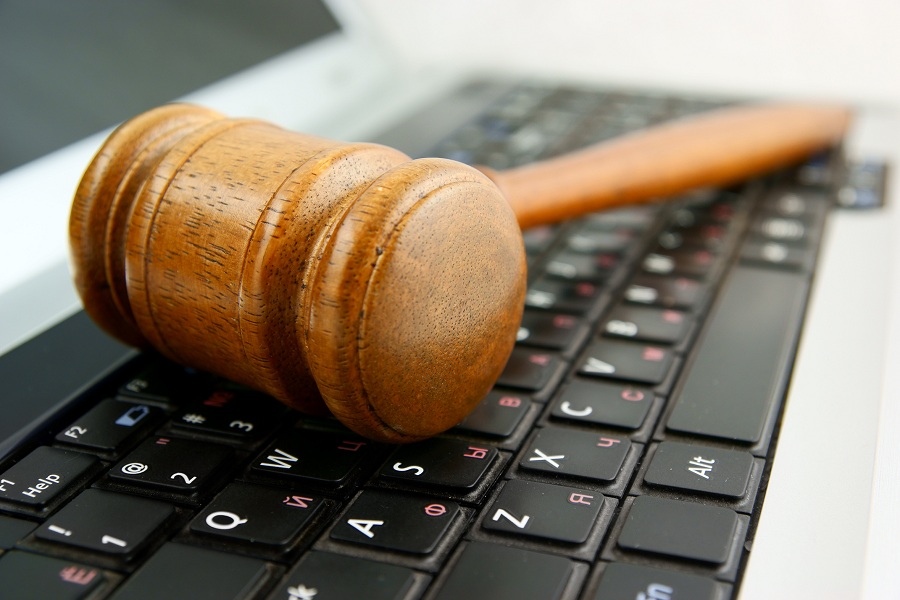 Google asks Supreme Court to reopen Java copyright case against Oracle
Google asks Supreme Court to reopen Java copyright case against OracleNews The search giant seeks the defence of the US Supreme Court after losing more than $1bn to Oracle over Java APIs
By James Stirling
-
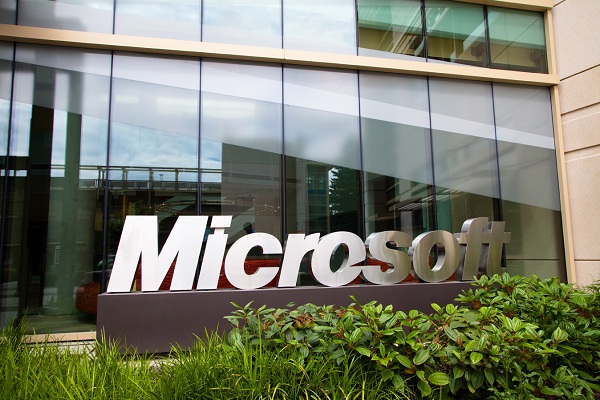 Samsung owes Microsoft $6.9m in interest
Samsung owes Microsoft $6.9m in interestNews Although Samsung is up to date on its fees, the firm is still indebted because of late payment charges
By Clare Hopping
-
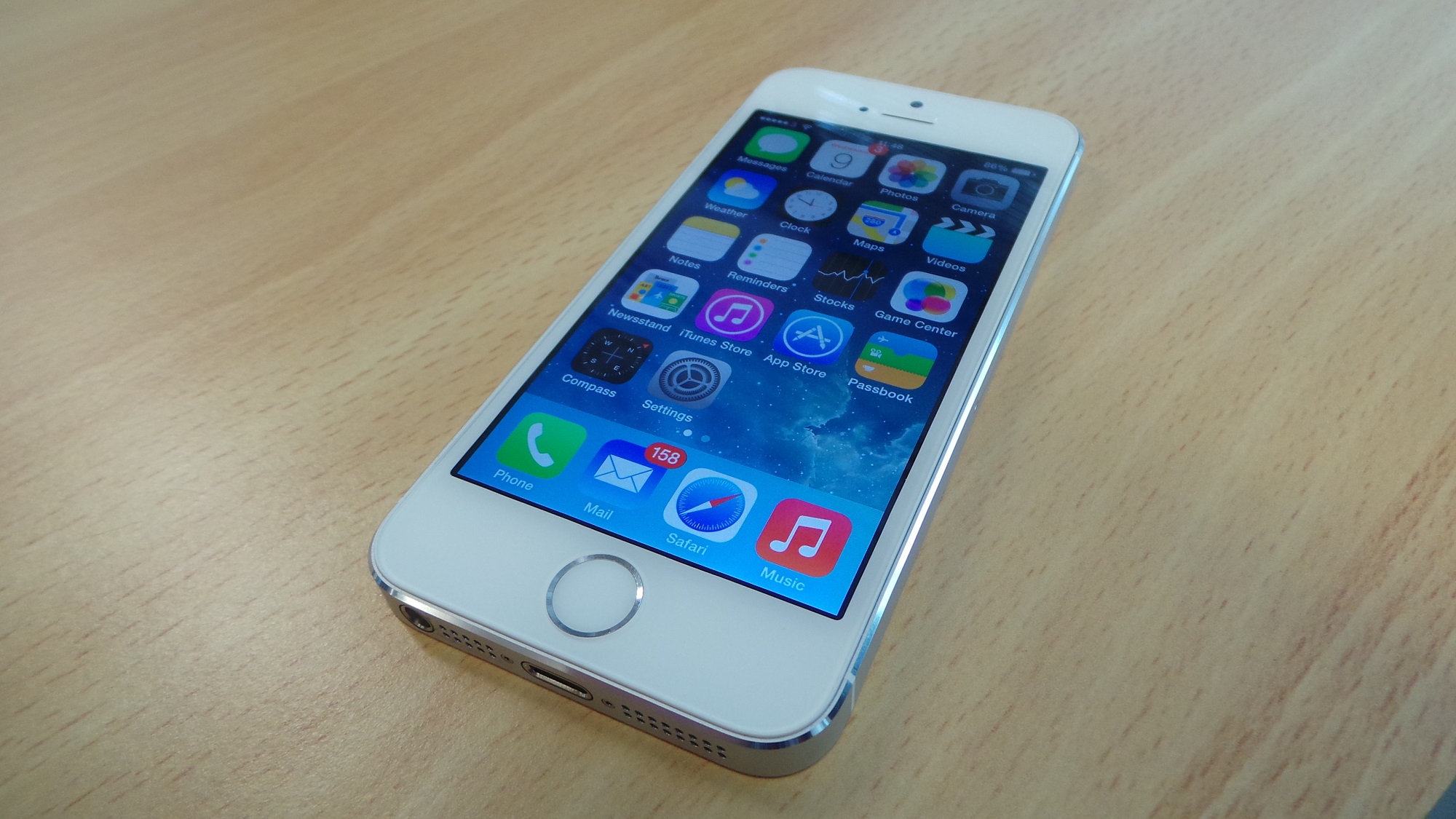 iPhone location patent may change settings automatically
iPhone location patent may change settings automaticallyNews A patent purportedly filed by Apple will change iPhone settings according to your location
By Clare Hopping
-
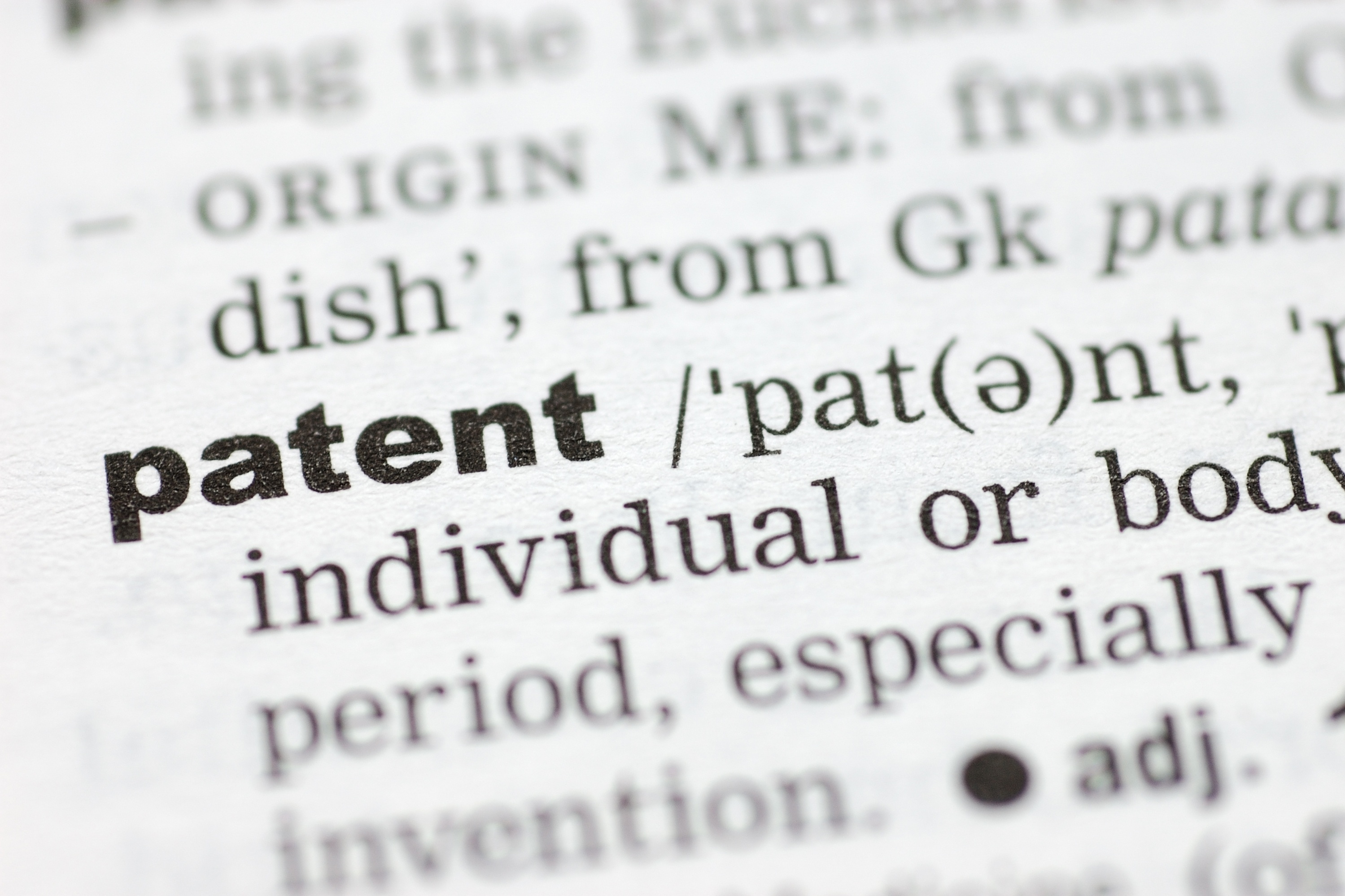 Microsoft-owned Android patents revealed by Chinese website
Microsoft-owned Android patents revealed by Chinese websiteNews Chinese authorities post lists detailing the extend of Redmond's hold over Android manufacturers
By Alex Hamilton
-
 Microsoft charges Motorola for use of Android and Chrome OS
Microsoft charges Motorola for use of Android and Chrome OSNews Motorola Solutions is the latest company to enter into a deal with Microsoft to avoid a patent lawsuit
By Clare Hopping